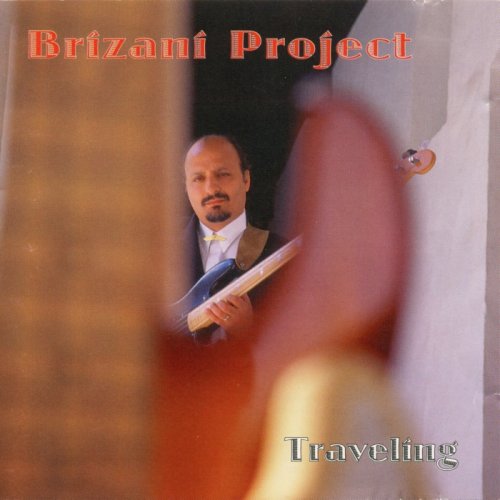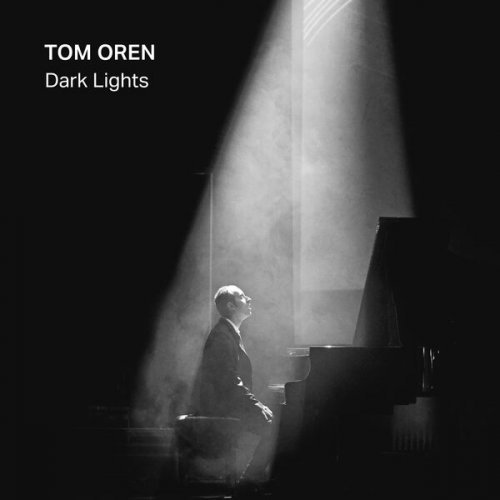Arash Safaian, Sebastian Knauer, Pascal Schumacher & Zürcher Kammerorchester - ÜberBach (2016) [Hi-Res]
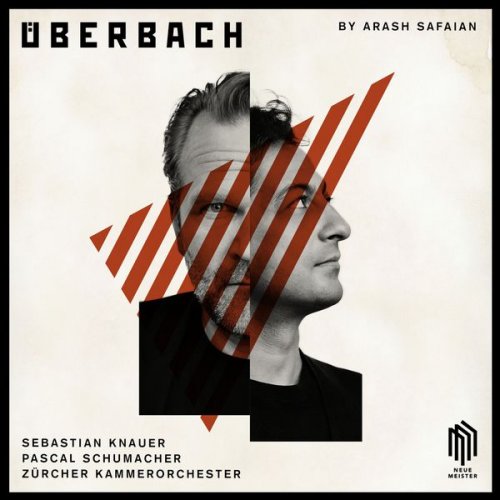
Artist: Arash Safaian, Sebastian Knauer, Pascal Schumacher & Zürcher Kammerorchester
Title: ÜberBach
Year Of Release: 2016
Label: Neue Meister
Genre: Classical
Quality: flac lossless / flac 24bits - 96.0kHz +booklet
Total Time: 00:57:41
Total Size: 306 mb / 1.1 gb
WebSite: Album Preview
TracklistTitle: ÜberBach
Year Of Release: 2016
Label: Neue Meister
Genre: Classical
Quality: flac lossless / flac 24bits - 96.0kHz +booklet
Total Time: 00:57:41
Total Size: 306 mb / 1.1 gb
WebSite: Album Preview
---------
01. Concerto No. 1, "Infinite Games": I. Halleluja (After Alleluia, Cantata "Es Ist Uns Ein Kind Geboren", BWV 142)
02. Concerto No. 1, "Infinite Games": II. Canon in C (After Canon Trias Harmonica a 8, BWV 1072)
03. Concerto No. 1, "Infinite Games": III. Empty Set (After Aria, Cantata "Widerstehe doch der Sünde", BWV 54)
04. Concerto No. 1, "Infinite Games": IV. Prelude in C (After Prelude in C Major, Nine Little Preludes, Klavierbüchlein für Wilhelm Friedemann Bach, BWV 924)
05. Concerto No. 1, "Infinite Games": V. In Midair (After "Lasset uns nicht zerteilen", Chorus 27b, Johannes-Passion, BWV 245)
06. Concerto No. 2, "As Above so Below": I. Folia (Collage After Cantata "Ich hatte viel Bekümmernis" BWV 21, Prelude C Minor, Welltempered Clavier Book I, BWV 847 Chorus 2d, "Jesum von Nazareth", Johannes-Passion, BWV 245)
07. Concerto No. 2, "As Above so Below": II. Sinfonia (After Sinfonia, Cantata "Ich hatte viel Bekümmernis", BWV 21)
08. Concerto No. 2, "As Above so Below": III. Prelude in C Minor (After Prelude in C Minor, Well-Tempered Clavier Book I, BWV 847)
09. Modulation: Looping Bach
10. Concerto No. 3, "Fuge Like a Passion": I. Canon in G (After Canon Super Fa Mi, a 7. Post Tempus Musicum, BWV 1078)
11. Concerto No. 3, "Fuge Like a Passion": II. Little G (After Organ Fugue in G Minor, BWV 578 "The Little")
12. Concerto No. 4, "Newton's Law": I. Choral Prelude (After Choral Prelude for Organ "Herr Gott, nun schleuß den Himmel auf", BWV 617)
13. Concerto No. 4, "Newton's Law": II. Fuga XX (After Fugue in A Minor, Well-Tempered Clavier Book II, BWV 889)
14. Concerto No. 5, "Dorian": I. Aria (After Aria, Cantata "Vergnügte Ruh, Beliebte Seelenlust", BWV 170)
15. Concerto No. 5, "Dorian": II. Toccata (After Organ Toccata in D Minor "Dorian", BWV 538)
Music is an infinite game. that can be played without ever coming to an end. A game that takes its invisible shape from the physical laws of resonance and is organized in the spaces and volumes of sound. The location of the music cannot be defined, its utterances can only be perceived at the moment they are made. Composing is a game of the imagination with notes, rhythms, sounds and durations, to formulate an inner dialogue. It draws on an infinitely variable grammar, which introduces its law to the field of play only to question it in the very next game. So it describes our inner nature: music is the mathematics of emotion. Writing in 1712, the Leipzig philosopher, mathematician and Bach contemporary Gottfried Wilhelm Leibniz wonderfully described the nature of music: “Music is the concealed arithmetic of an intelligence unaware of its ability to count”. This conception of music elevates the composer from a notesmith to the chronicler of deep non-verbal interactions. Perhaps music is the most immediate medium through which the attitudes and perspectives of a period or person are revealed. It comes as no surprise, then, that the poet Christian Friedrich Daniel Schubart could write of Johann Sebastian Bach: “What Newton was as an interpreter of the world, Sebastian Bach was as a composer”. Even if J.S. Bach may have known little or nothing of Isaac Newton’s achievement, Bach’s approach to music resembles that of Newton to science. Both saw the world as a God-given unity in which the sciences - to which music also belongs - furnish the means of its decipherment. Bach’s music is thus as universal as Newton’s law of gravitation. For me, Bach’s works are what you might call music in its purest form, which is always common to all, even in his most intimate works, rather than private. I always think I am hearing the grammar of music. That is why I have decided to reinterpret some of his works, to compose music about Bach’s music. That makes it like a view into a landscape that one’s own eye interprets in a certain way.
![Andy Gillmann - Acoustic Impulse (2026) [Hi-Res] Andy Gillmann - Acoustic Impulse (2026) [Hi-Res]](https://www.dibpic.com/uploads/posts/2026-02/1771564063_i2l6l2i7vv9qz_600.jpg)
![Gonzalo Mazzutti - Lo que nos une (2026) [Hi-Res] Gonzalo Mazzutti - Lo que nos une (2026) [Hi-Res]](https://www.dibpic.com/uploads/posts/2026-02/1771563491_cover.jpg)
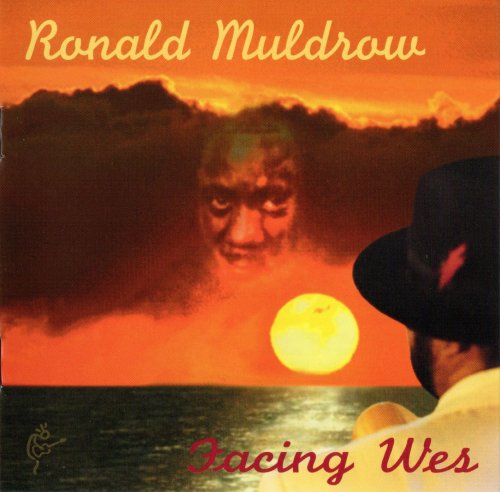
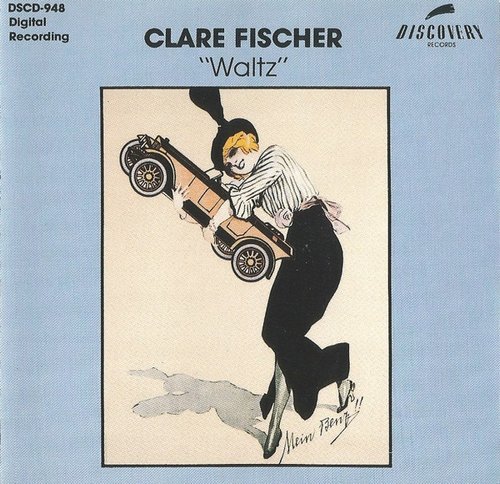
![Nicole McCabe - Color Theory (2026) [Hi-Res] Nicole McCabe - Color Theory (2026) [Hi-Res]](https://www.dibpic.com/uploads/posts/2026-02/1771327761_folder.jpg)
![Matt Choboter - And Then There Were The Sounds Of Birds (2026) [Hi-Res] Matt Choboter - And Then There Were The Sounds Of Birds (2026) [Hi-Res]](https://www.dibpic.com/uploads/posts/2026-02/1771562657_qb70awhgfhge8_600.jpg)

